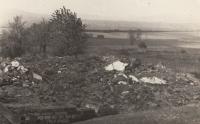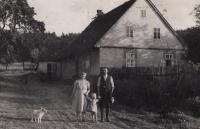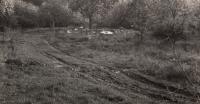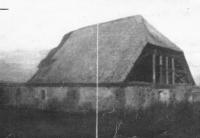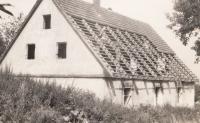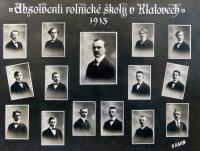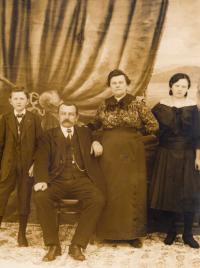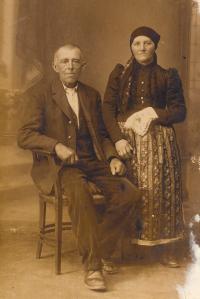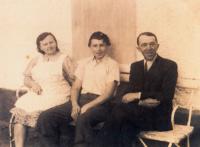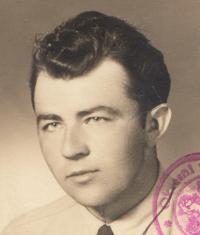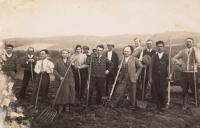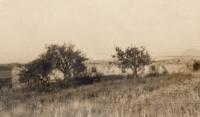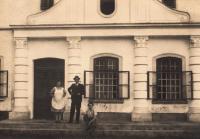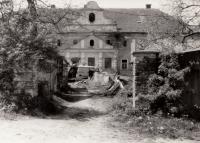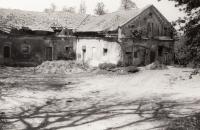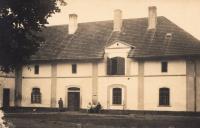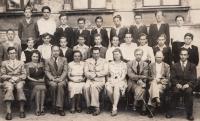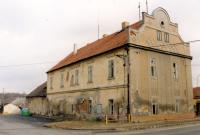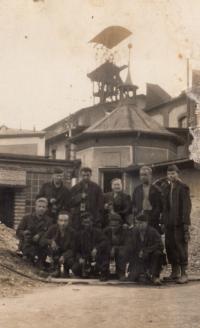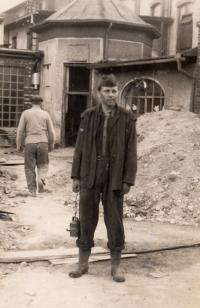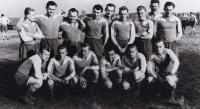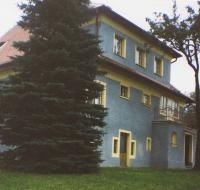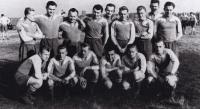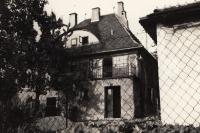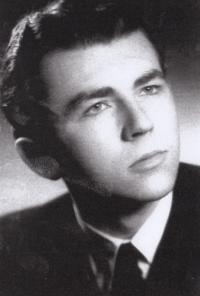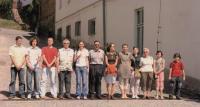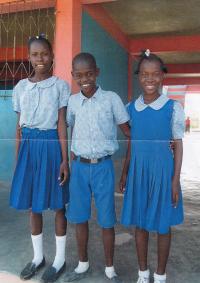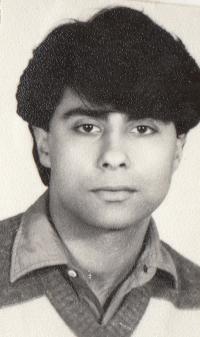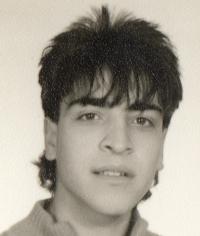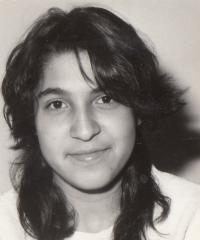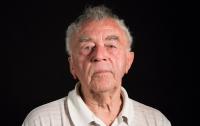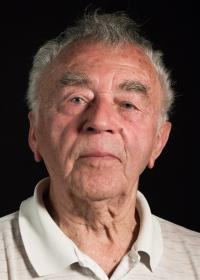The Communists would get you in their clutches and enslave you

Download image
František Škarda was born on 9 July 1928 in the solitude of Hájek near Lubenec in West Bohemia, where his father Šimon bought an estate in 1925 and started farming from scratch. After the Sudetes were annexed by Germany, the Škardas were forced to abandon their farm in 1940 and moved into the Protectorate of Bohemia and Moravia. They spent most of the war at the manor farm in Baldov near Domažlice, where his father was employed as administrator and where the family was liberated by the American army. From April 1945 they had sheltered 32 Hungarian Jews, who had escaped a transport near Domažlice; his father also hid three grounded pilots in the estate without the knowledge of his family. The witness provides a detailed description of the manoeuvres of the liberating American soldiers and the retreat of German units from Baldov. After the war the family returned to Hájek near Lubenec, but they found their farm in a desolate state. They received a different estate in Lubenec instead. However, the Communists confiscated it in 1951; the family moved to a small house and the father was banned from working in agriculture. František Škarda graduated from the Secondary School of Farming in Pilsen in 1947, but he was denied university studies of agriculture as the son of a “kulak”. When he refused an offer to join the Communist Party and become a “reserve cadre” with the option to study at university, he was drafted into the Auxiliary Engineering Corps in 1950 and assigned to labour in the Kladno mines. He was released from the army in 1953, after his father’s death. He then worked as an agronomist, a manual labourer, and a mechaniser. He is a Catholic from birth. He and his wife raised two children of their own and three adopted Romani children.
